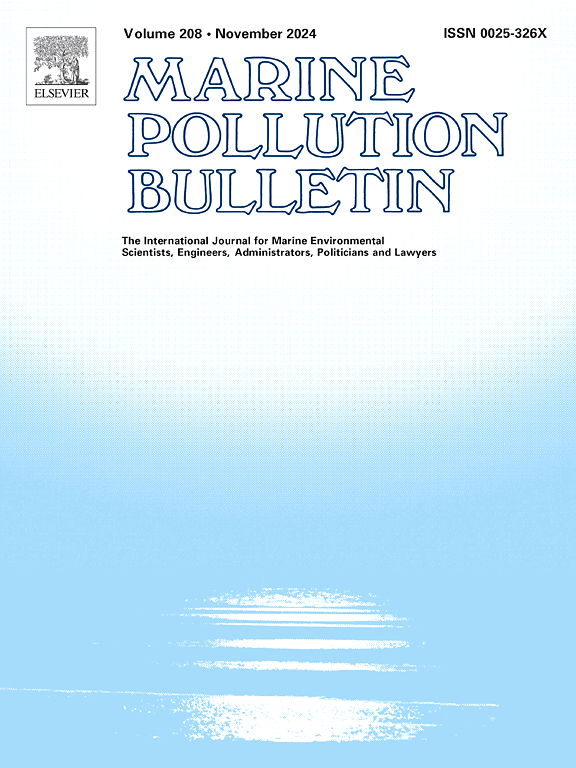Prooxidant-based polyolefins exhibiting no evidence of biodegradation under marine environments
IF 5.3
3区 环境科学与生态学
Q1 ENVIRONMENTAL SCIENCES
引用次数: 0
Abstract
The use of oxo-biodegradable plastics has become increasingly controversial due to insufficient evidence supporting their environmental benefits. In particular, their biodegradability in marine environments remains poorly understood, sparking a global concern that the rapid abiotic fragmentation of these plastics could harm marine ecosystems. Here, we assessed the marine biodegradability of polyethylene and polypropylene films containing a commercial oxo-biodegradable prooxidant and compared them to their untreated counterparts using biochemical oxygen demand tests. Our findings revealed that while the prooxidant enhanced oxidative degradation and fragmentation of the polymers, it did not improve their marine biodegradability. Neither the initial nor the UV-exposed samples, with or without the prooxidant, exhibited significant marine biodegradability. The accelerated oxidative breakdown of these so-called oxo-biodegradable polyolefins, coupled with their limited marine biodegradability, may worsen the ocean microplastic pollution. Therefore, the potential environmental risks of using prooxidants should be carefully considered to prevent unintended negative impacts on the environment.

求助全文
约1分钟内获得全文
求助全文
来源期刊

Marine pollution bulletin
环境科学-海洋与淡水生物学
CiteScore
10.20
自引率
15.50%
发文量
1077
审稿时长
68 days
期刊介绍:
Marine Pollution Bulletin is concerned with the rational use of maritime and marine resources in estuaries, the seas and oceans, as well as with documenting marine pollution and introducing new forms of measurement and analysis. A wide range of topics are discussed as news, comment, reviews and research reports, not only on effluent disposal and pollution control, but also on the management, economic aspects and protection of the marine environment in general.
 求助内容:
求助内容: 应助结果提醒方式:
应助结果提醒方式:


